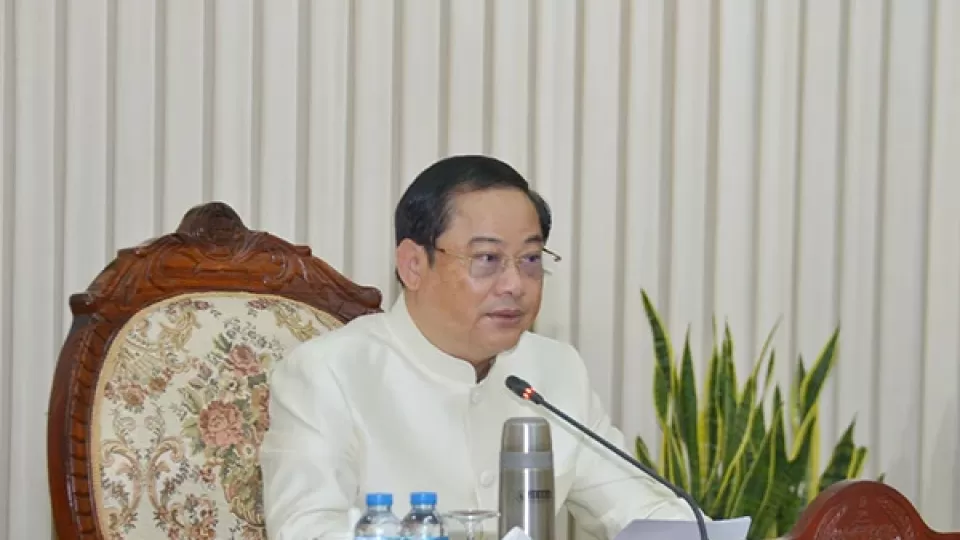November 28, 2023
BANGKOK – A proposal for the pilot rare earth token project was tabled for discussion at the monthly cabinet meeting held in Vientiane on November 23-24. The meeting was chaired by the Prime Minister, Sonexay Siphandone, and attended by cabinet members.
The government is also mulling a move to establish a committee and to draft necessary legislation to regulate the planned pilot project if it goes ahead.
Economists say it is essential to carry out a thorough study of the scheme, including market prospects and reviewing lessons learned from pilot mining operations over the years, to avoid economic losses for the nation.
The Monetary Authority of Singapore (MAS) was quoted by Xinhua as saying that a digital token is a cryptographically secured representation of a token-holder’s rights to receive a benefit or to perform specified functions.
It’s considered virtual currency as one particular type of digital token.
At the cabinet meeting in September, Dr Sonexay instructed the relevant agencies to expedite the drafting of a strategy on rare earths or critical metals and other minerals, to ensure proper management of mining operations in Laos.
The term rare earth refers to a group of 17 elements used in manufacturing mobile phones, hard drives and trains, and they are also important for green technologies, including wind turbines and electric vehicles, according to Xinhua.
China is the world’s leading producer, accounting for 70 per cent of the world’s mined rare earth elements in 2022.
As rare earths are in high demand globally, the government has stressed the need to ensure that Laos fully benefits from the mining of deposits of such minerals.
At last week’s cabinet meeting, the concerned sectors were told to handle urgent issues and to enforce measures to address the economic and financial difficulties facing the country.
One of the most important measures is to stabilise exchange rates, modernise the revenue collection system to boost the national income, and boost exports.
The government is attempting to ensure that export receipts are paid through the banking system in Laos to ensure more foreign currency enters the country.
The government has reiterated the need to restrict the import of luxury items and goods that can be produced or manufactured domestically.
Government sectors have been told to remove red tape and improve the business environment to attract more foreign investment to Laos.
The sectors responsible need to inspect ineffective investment projects as some investors obtained concessions for projects without proceeding with operations, and are now planning to sell them on to other investors.


